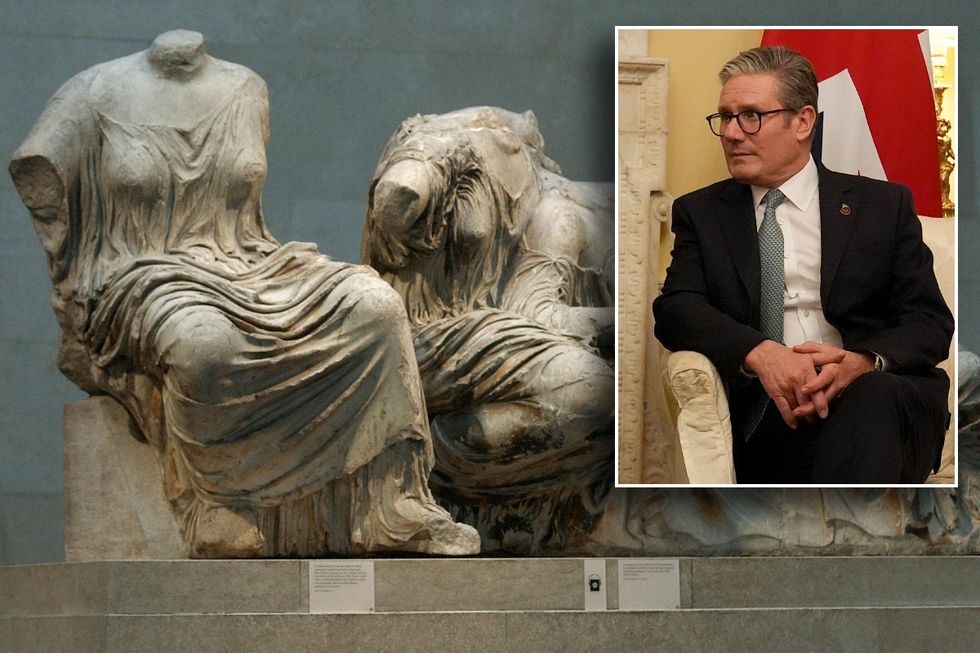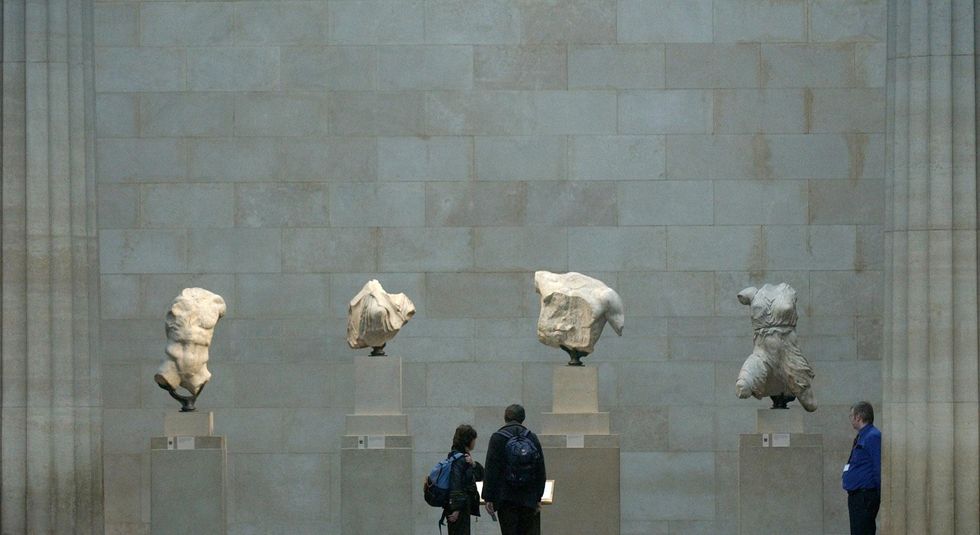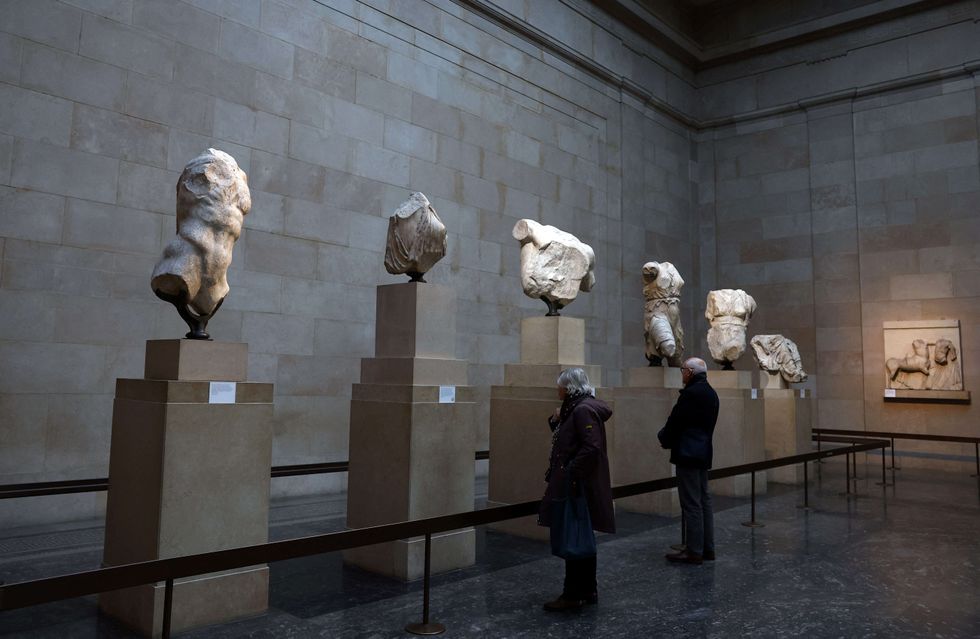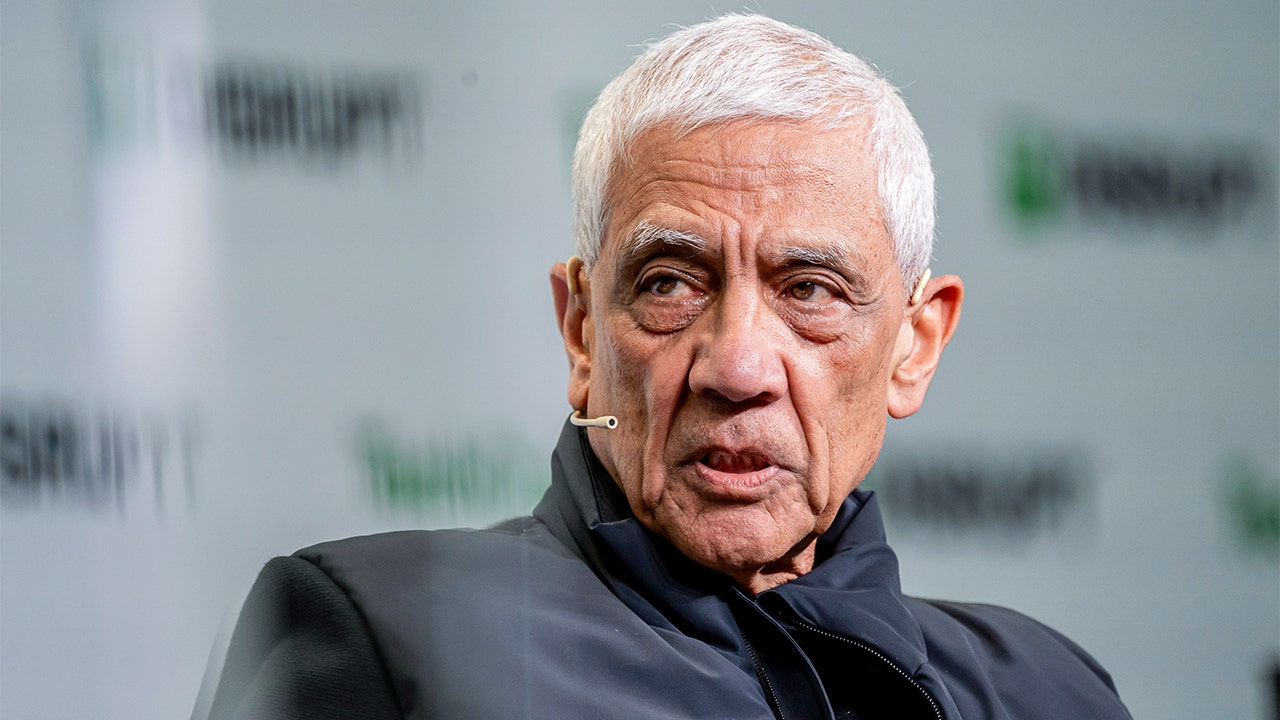The Elgin Marbles will be returned to Greece within "two to three years", the general director of the Acropolis Museum has told Greek broadcasters.
In a recent interview with Greece's public broadcaster ERT, Nikolaos Stambolidis claimed there was growing international support for the repatriation of the ancient artefacts, currently situated in the British Museum.
He cited the Unesco decision regarding the reunification of the Parthenon Sculptures in September 2021 as a crucial turning point.
The museum director also pointed to recent precedents, including the return of the Fagan fragment in 2022 and the Vatican's repatriation of three sculpture pieces in 2023.

Stambolidis views the examples as "tested and functioning models for future returns of artefacts that belong to Greece but have been removed from their place of origin".
He then went on to stress that the reunification is not just a Greek request, but a global demand including unexpected support from countries such as Turkey.
Despite the optimism from Greece, the UK Government maintains its stance of no plans to change the law regarding the Parthenon Sculptures.
However, prior to coming into power, Sir Keir Starmer hinted at a potential shift in this position.
According to a report in Greek newspaper, Ta Nea, Shadow Culture Secretary Lisa Nandy expressed willingness to engage in discussions.
The Greek Prime Minister has previously said he wants the Elgin Marbles back
PA
She was quoted as saying: "We're very keen to talk to our counterparts in Greece and to work with you to find a resolution to what has been a very long-running dispute."
When asked for clarification, a spokesperson for the Department for Culture stated: "We have no plans to change the law that would permit a permanent move of the Parthenon Sculptures."
The ongoing debate over the Parthenon Sculptures has led to diplomatic tensions between Greece and the UK.
Late last year, a major diplomatic incident occurred involving then-Prime Minister Rishi Sunak and his Greek counterpart Kyriakos Mitsotakis after saying he was unwilling to budge on a potential return.
Sunak's spokesman told reporters last November: "We have a long-standing position, I think the Prime Minister's on the record that the Parthenon Sculptures in the British Museum were legally acquired under the laws at the time. They're legally owned by the trustees of the British Museum."
"We fully support this position, indeed the British Museum Act prohibits the removal of objects from the museum's collection. We have no plans to change the law."
LATEST DEVELOPMENTS:
Former Labour MP and previous Shadow Culture Secretary Thangam Debbonaire said 'Keir wants a solution'
Reuters
Discussing Starmer's position, former Labour MP and previous Shadow Culture Secretary Thangam Debbonaire, told Ta Nea last month: "Keir wants a solution.
"He wants a solution because we're allies. Greece is the home of democracy.
"We are great celebrators of democracy in the Labour Party."
She added: "This is a unique moment in history. The British Museum, with the new Government, is in a really historic position to be able to tell a new story for these sculptures.
"I think we're all going to be better off when a way is found for them to be viewed in whole and in Athens, which is such a historic setting."
The Acropolis Museum's success in attracting visitors has bolstered Greece's case with visitor numbers leaping from 1.5 million in 2022 to 1.95 million in 2023.
Legal and ethical arguments continue to form the backbone of Greece's position. Stambolidis noted that international law does not support retaining illegally acquired artefacts, regardless of time passed since removal.

 By GB News (Politics) | Created at 2024-10-29 18:26:47 | Updated at 2024-10-30 15:24:17
1 day ago
By GB News (Politics) | Created at 2024-10-29 18:26:47 | Updated at 2024-10-30 15:24:17
1 day ago





